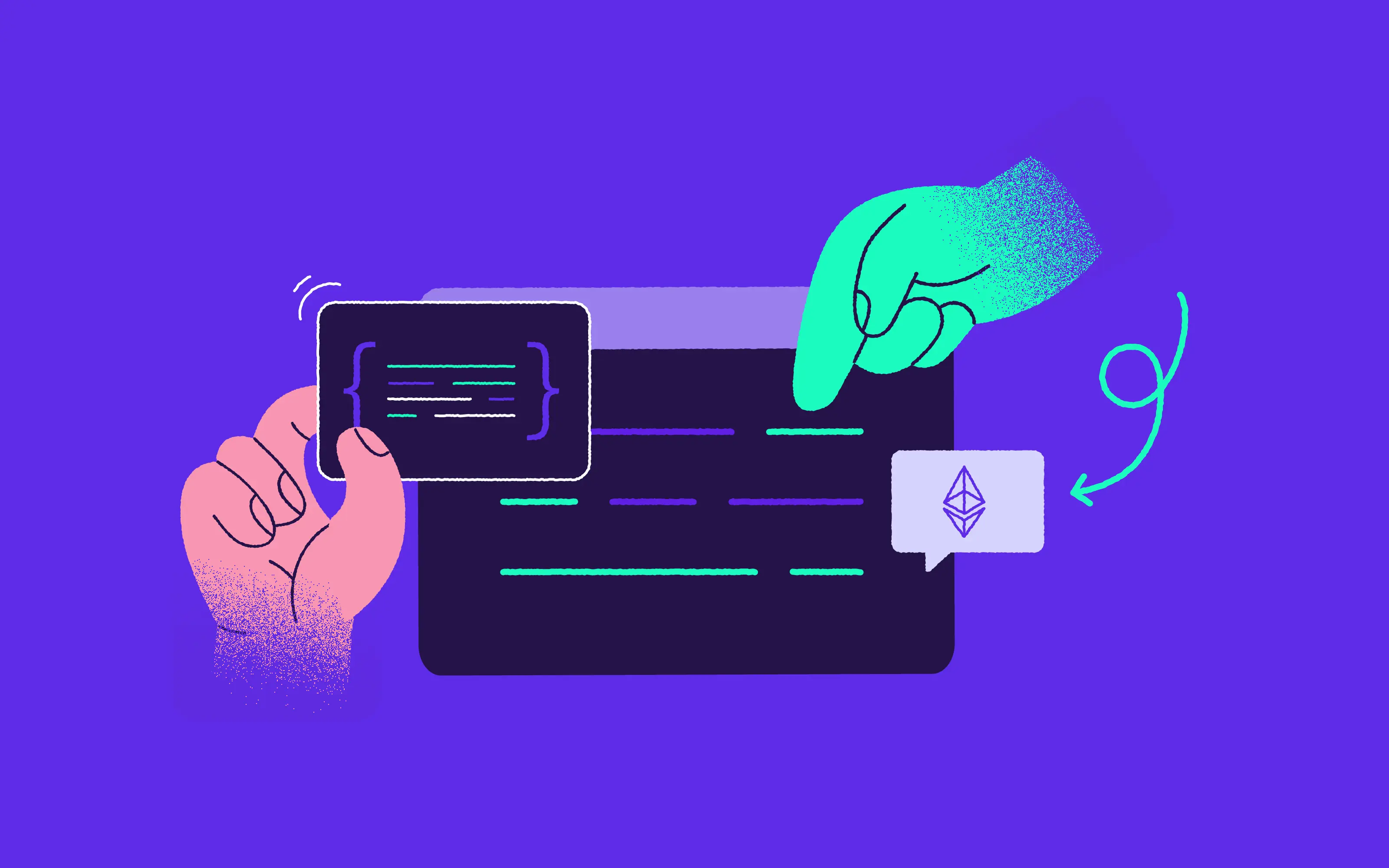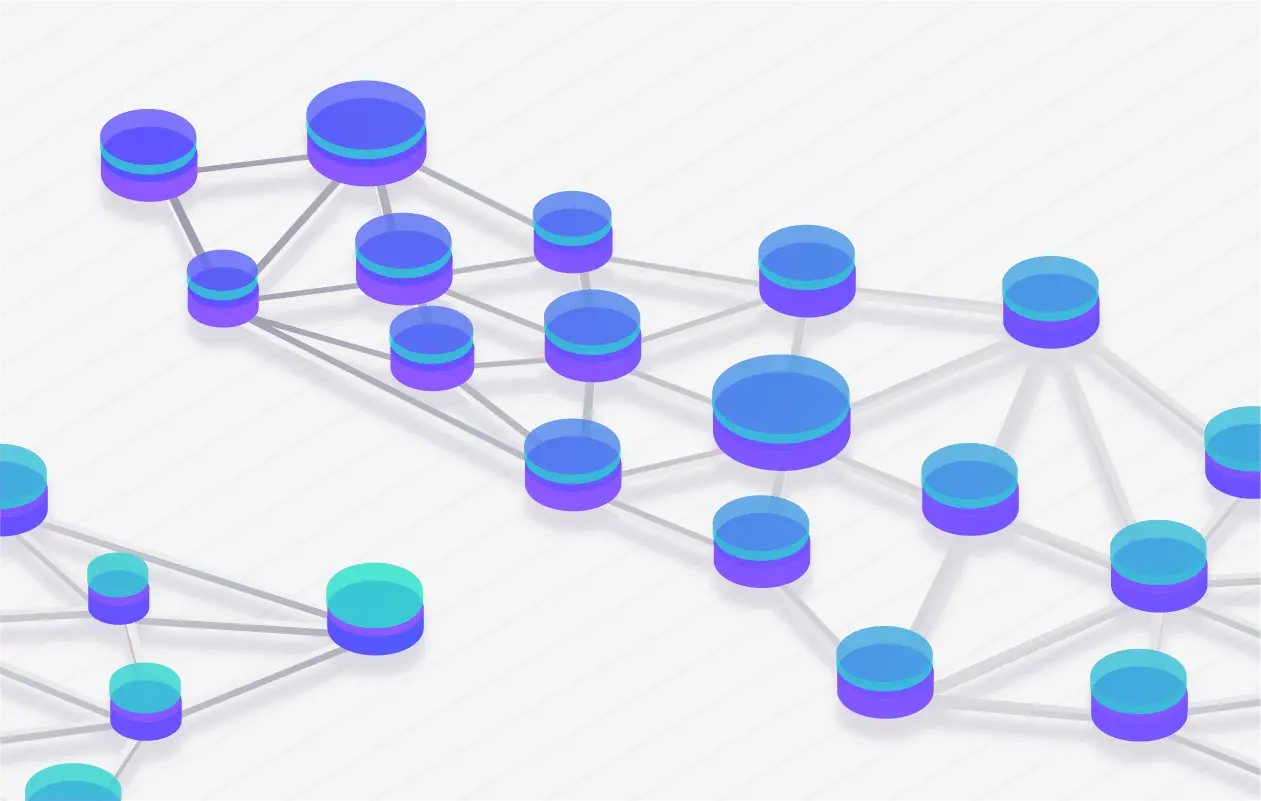
When thinking of the blockchain technology, many people associate it only with Bitcoin and cryptocurrencies – it’s a thing of the past now. Blockchain outside Bitcoin exists. Find out how versatile blockchain application can be!
Blockchain’s story began with Bitcoin, of course, but it was Ethereum that caused a revolution and helped expand this amazing security and transparency standard onto software other than just cryptocurrencies. Since Ethereum came about, startups and corporations have found many different ways to adopt blockchain for their freshly developed solutions. Let’s see the 9 examples of groundbreaking apps that rock thanks to using the blockchain cleverly.
Sharing economy
People build and use online sharing economy solutions every day. Google works thanks to content generated by its users. Facebook makes profit thanks to active profiles. Uber functions because of drivers who join voluntarily and people who trust those drivers will take them to the desired location. It’s all people for people, but it’s the intermediary that takes all the credit. At some point, every user has to agree that some operations within the app are inaccessible. In what way can we contribute to one another with no limits from the provider? It is here that the universal blockchain application comes into play.
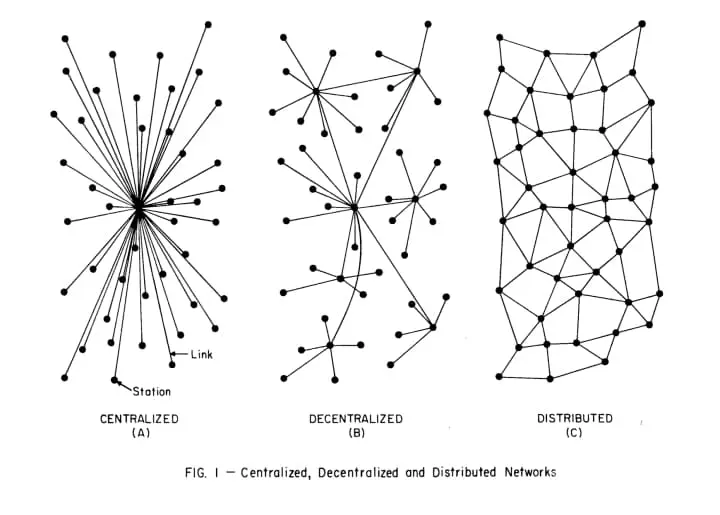
The access to the blockchain caused an outburst of competitive sharing economy apps: social networks (Steem), car transportation (Arcade City), apartment booking (Kozaza). The thing is these apps take sharing to the next level, letting users communicate directly and securely through an autonomous system. Information distributed among all users – and the ability to track any activity carried out by anyone – provides a solid foundation for a trustworthy community. It is based on blockchain that some cloud solutions now operate, which is another step further into a decentralized sharing economy.
Peer-to-peer payments
You could probably expect that peer-to-peer payments are nothing surprising in terms of using the blockchain – in fact, that’s what cryptocurrencies were invented for! But let’s change this perspective a little.
What if you lived someplace in the world where it’s not that easy to set up a bank account? Or the economy is not as stable as it should be? Cryptocurrencies have a couple of features that help people overcome the regular banking difficulties:
- they’re accessible to anyone connected to the internet,
- they completely bypass the traditional money transfer procedure,
- they allow transactions to happens instantly.
The founders of Humaniq utilized the blockchain to empower those who have no or poor access to a bank account – that’s 3.5 billion people globally! At the same time, 6 billion people own a smartphone, and, thanks to Humaniq, they can send and receive money hassle-free.
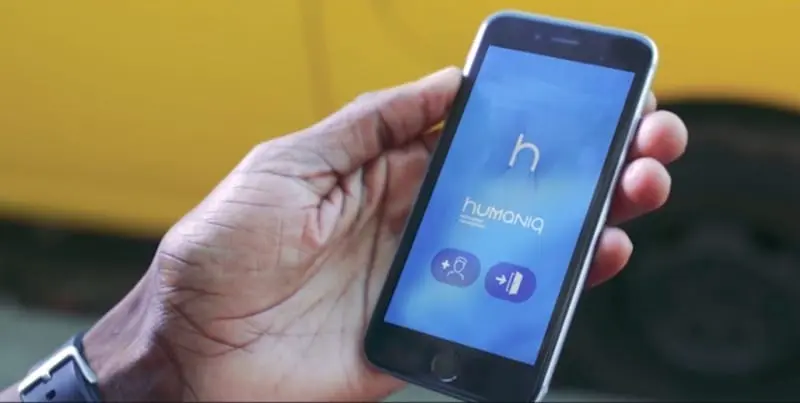
Image source: Humaniq blog
Crowdfunding
As Karyat Kaliyev pointed out in his article on Medium, crowdfunding by itself is an idea with a long tradition. But evolving technologies gave it a more accessible and transparent character. The blockchain tool you can use for crowdfunding is ICO – Initial Coin Offering. Every subject of crowdfunding has their own ICO, a kind of mini cryptocurrency purchased by supporters.
We are happy to share an example of such an app we’ve built as the 10Clouds team. It’s Trivial, an auction platform that allows users to buy “shares” in submitted works of art. After the ICO, a real auction takes place, and all owners benefit from their work’s rising value. Joining the art market has never been so easy!

The first auctioned item on Trivial: a mascot rat!
Image source: trivial.co/auction
Governance (elections, referenda)
In times of global distrust towards governmental institutions, the transparency and security of voting procedures have become a sensitive issue. Can a blockchain help here as well? Yes, and there’s a ready solution on the market.
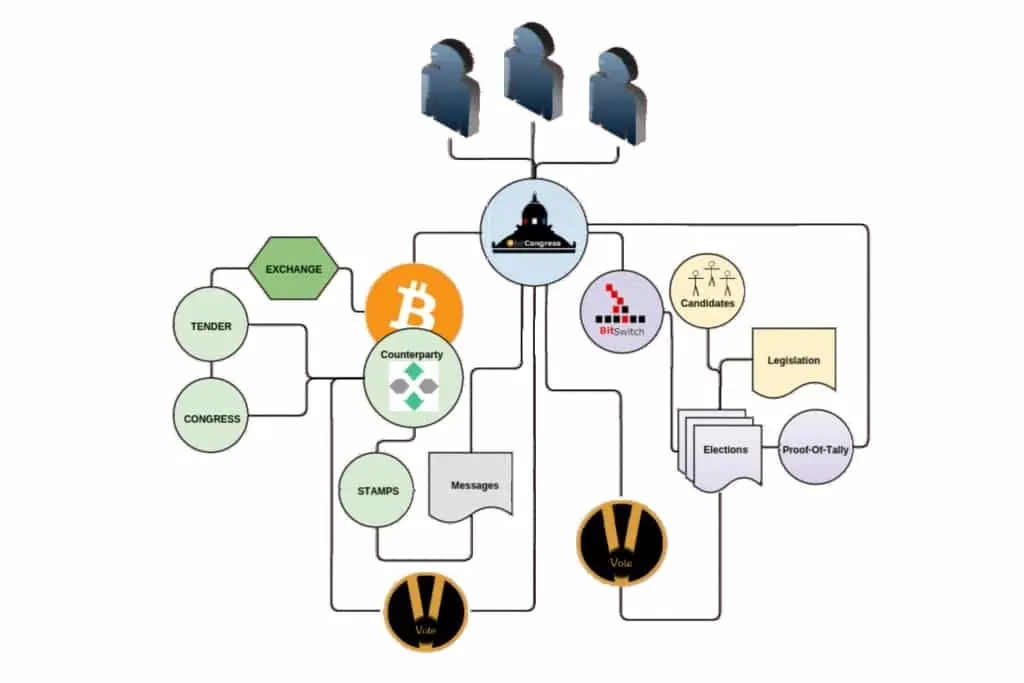
Image source: bitcongress.org
Check out, for example, BitCongress, the app that brings groundbreaking opportunities to the legislative power of society. As BitCongress website information says, “anyone can now write a law, post this law to the platform for anyone to see & vote on.” All modifications and votes are tracked and documented in the blockchain, so there’s practically no room for fraud.
» We are working on a revolutionary blockchain-based facial authentication technology. Read our article to learn more!
Supply chain audit
As economies and trade have become global and started changing rapidly, supply chain management and monitoring grew more and more complicated and error-prone. Introducing a solution that provides full transparency and trackability will ensure the process is as efficient and cost-effective as possible.
Blockchain solutions are not only the domain of emerging startups – corporations such as IBM also include them in the solutions they offer, e.g. supply chain management software (check out this awesome infographic about presenting the paper trail of a shipping container). The solutions are said to eliminate delays, optimize costs, and increase velocity.
Intellectual property protection
What is the most common problem with intellectual property? It’s incredibly easy to steal. To give you a real-life example, think of high-end-watch counterfeits manufactured in China. The goal is to get the same design but pay a small fraction of the original price. Anyone can copy someone else’s idea and claim it as their own, no matter if it comes to fashion, science, literature, or journalism.
Intellectual property theft has become ubiquitous in the age of the Internet. It is hardly possible to browse through the whole web, find the thief and – finally – prove who was the first to come up with the stolen idea. Yet another threat comes from patent trolls, that is companies that buy patents not to use them but to sue other businesses for damages and demand royalties.
Developing an industry-led defensive patent strategy is paramount to help protect innovation.
Amber D. Scott, CEO of Outlier Canada
The blockchain, as a public database with a 100-percent trackable information exchange, could be a perfect tool to solve intellectual property issues. The potential has already been noticed by the Chamber of Digital Commerce willing to cooperate with private enterprises to create a Blockchain Intellectual Property Council.
Prediction markets
Have you ever wondered what it would like to be a fortune teller with a crystal ball? Well, nowadays anybody can become a clairvoyant by entering a prediction market and hoping to be rewarded if their event prediction turns out to be true. But there’s one problem with common centralized prediction market platforms – there’s only one party reporting to the public, which leaves a lot of room for mistakes, manipulation, and misinterpretation.
If you want to play the fortune-teller game in a team mode, try blockchain-based prediction markets, e.g. Augur. They allow any user to come up with predictions, estimate the outcomes, and become instantly rewarded. The platform is decentralized, which means that all actual events, their predictions, and reports are shared throughout the community and visible to everyone.
Identity management
The today’s Internet won’t let you do anything without leaving at least a tiny bit of data about yourself. It’s cookies, cookies everywhere. Sign in, log in, create a password, enter your credit card number. The more data we leave with the Internet services such as communicators, payment operators or search engines, the worst consequences will be in the case of identity theft. Data leaks and breaches in a number of organizations prove it’s a serious issue large companies have to deal with.

Blockchain enthusiasts point to centralization as the root of all evil. The solutions based on decentralization and cryptography, such as Civic, share user’s data with an external service through a kind of encrypted firewall.
Anti-money-laundering systems
The blockchain and cryptocurrencies, being relatively new technologies, are practically independent of traditional legal systems. A hot debate about the approaches to blockchain-powered initiatives has occupied lawyers and authorities for years now.
Systems [based on the blockchain] […] present an extremely interesting phenomenon and challenge to legal scholars.
Dmitry Medvedev, Russian Federation Prime Minister
However, when you think about it, the authorities and enterprises could hugely benefit from blockchain adoption if they incorporated it to the right ends, for example, to prevent money laundering. The costs of compliance procedures show just how serious the issue is – they have risen by 50% in the past three years. Looks like there’s much room for improvement.
As a transparent smart contract platform with an irreversible transaction record, the blockchain is a perfect way to track discrepancies in financial exchange. The data is accessible instantly by businesses and institutions, which dramatically lowers fraud prevention costs.
Wrapping up - the use of blockchain outside Bitcoin and blockchain application
The blockchain is a technology that can provide endless solutions for different branches of business and governance. By providing highly valued features – transparency and security – in the digital data-oriented world, it will slowly but surely win the hearts of software creators and users. On top of that, think of how Givepact uses blockchain for philantropy.
Of course, the changes at such scale won’t happen overnight. Just like the Internet, the blockchain might need a few years to find its place in the everyday life of the global society. However, online services and applications that have gone for blockchain application from the very beginning will pave their way to success significantly easier. Metaverse might not yet be a thing as of today, but who knows what the near future brings.
Looking for a skillful team to develop and design your blockchain-powered product?
Get in touch with 10Clouds, we’d love to work together!

